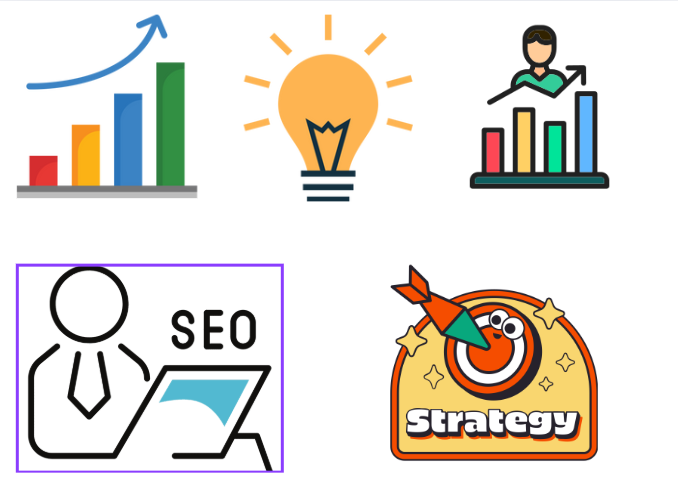
Impact of AI in Digital Marketing in 2025
Imagine a world where AI understands what customers want before they express it. Campaigns move from guesswork to smart predictions. Here we are going to discuss the impact of AI in Digital marketing
Leveraging Predictive Analytics for Customer Insights
In digital marketing, this results in ads that resonate better with audiences. Observe how sales change when you act on these insights.
Dynamic Content Generation and Adaptation in digital marketing
By 2025, expect AI to also create short video clips. Always review outputs for brand alignment before launching.
Challenges in Maintaining Authenticity
Privacy concerns increase when ads seem overly familiar. AI can speed up processes, but humans need to ensure it feels genuine.
Streamlining Ad Targeting and Optimization
It categorizes audiences based on behavior rather than assumptions. If performance is strong, increase the budget during peak times.
Chatbots and Conversational AI for Customer Engagement
Improved natural language technology allows chatbots to interact effectively. Customers tend to stay longer when help is available quickly. By 2025, these AI-driven tools will anticipate needs during conversations.
Workflow Automation Tools Integration
Post social media updates when blogs are published. Teams report a 40% reduction in time spent on these tasks.
Data-Driven Decision Making and Analytics in digital marketing
Decisions based on instincts are fading; data-driven choices are becoming the norm. Marketers who embrace this method will succeed. Data is abundant, but AI organizes it efficiently.
Advanced Predictive Modeling for Trends
AI forecasts market shifts and consumer behavior. It analyzes news, sales, and trends. Adjust strategies before problems arise.
Real-Time Performance Tracking and Insights
AI processes large data sets in moments. It identifies successes or failures as they occur. Instances show that campaigns can be adjusted mid-course, resulting in a 25% boost in ROI. By 2025, mobile data will add even more depth.
Overcoming Data Silos with AI Integration in Digital marketing
Data trapped in separate locations can obscure insights. AI connects disparate sources for a unified view. APIs safely link CRMs to advertising tools. Follow data protection regulations like GDPR. Obtain consent and encrypt sensitive information. Start by mapping your sources, then bridge the gaps. Unified data can improve decision-making by 35%, according to studies. This eliminates hidden issues.
Emerging AI Trends Shaping Digital Marketing
New types of AI are expected to surface by 2025. Multimodal AI combines text, images, and sound. Edge computing enables AI to run directly on devices rather than in the cloud. These developments innovate on existing technology for better applications. Stay practical; test small before large-scale implementations.
Generative AI for Creative Content Creation in digital marketing
Tools like DALL-E produce images based on text descriptions. GPT writes posts or scripts. Collaborate with AI: brainstorm drafts, then refine them.
AI in Voice and Visual Search Optimization in digital marketing
Voice assistants like Alexa change how people search. Optimize content for questions instead of just keywords. Image searches are on the rise; ensure proper tagging. SEO strategies should include natural language in content and provide alt text for images.
Conclusion
AI will transform digital marketing by 2025. It will enhance personalization, increase efficiency, sharpen data application, and inspire new trends. From tailored ads to ethical considerations, AI will be crucial for growth. Key takeaways: use AI to save time, but keep the human element. Smartly integrate tools to elevate strategies. Prioritize ethics for long-term success. Begin testing AI today.


